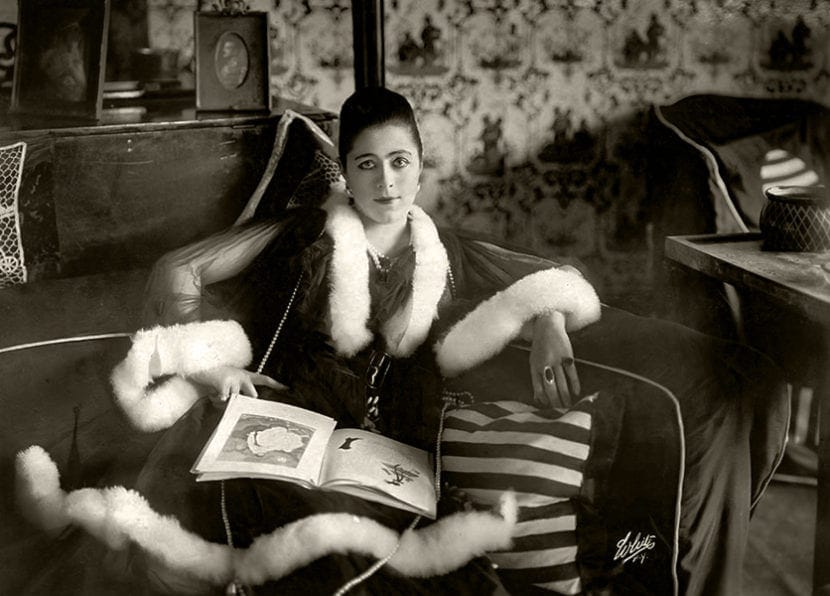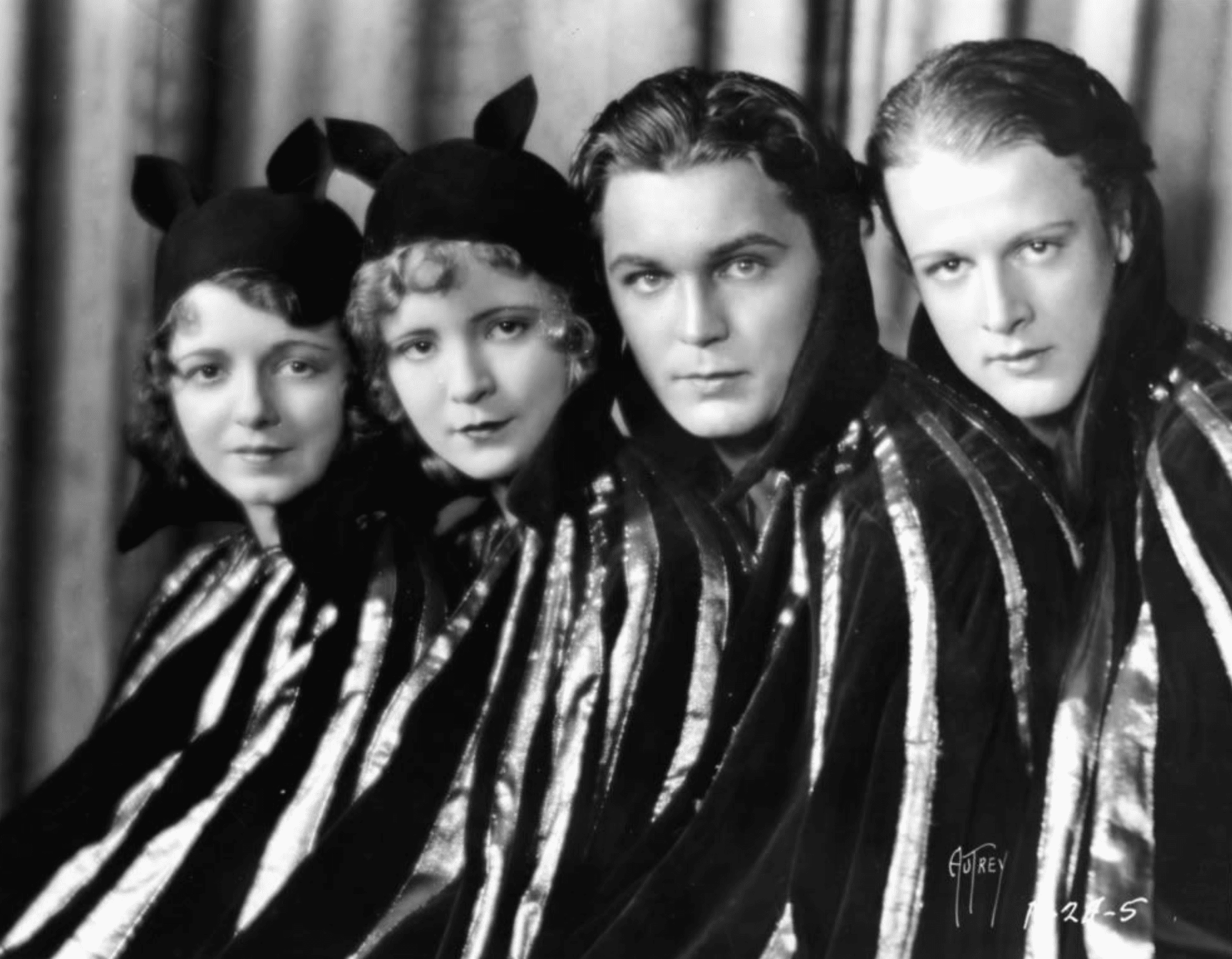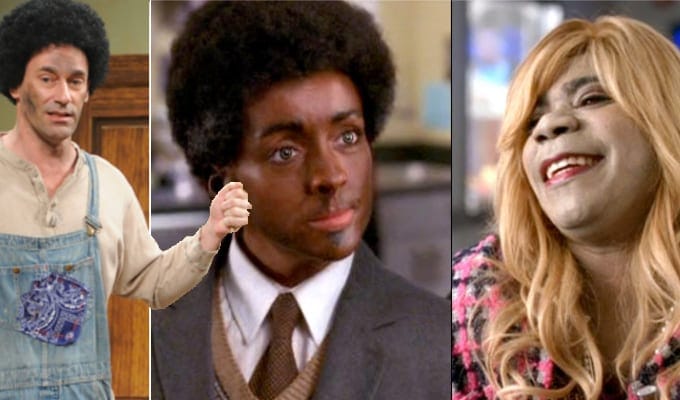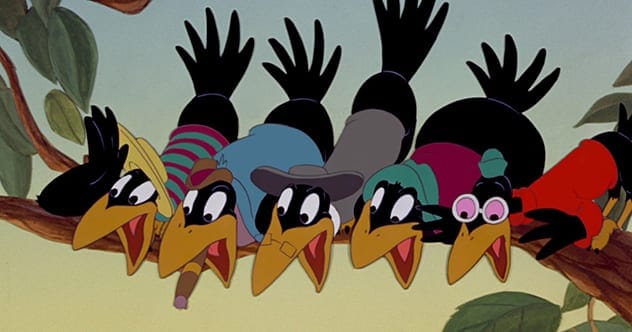The creation of a movie or television program is a monumental undertaking. From the initial script to the final edit, countless hours and immense effort go into crafting something meant to entertain and resonate for generations. While classics like The Wizard of Oz and It’s a Wonderful Life have stood the test of time, many productions fade into oblivion due to a variety of unfortunate circumstances. Here are ten movies and TV shows lost from public view, whether by accident, scandal, or the ravages of time.
10 Remembering Valeska Suratt

Valeska Suratt (1882-1962) was a celebrated early 20th-century actress known for her career in vaudeville and her successful transition to Broadway. Her glamour and style led to starring roles in eleven silent films produced by Fox Studios from 1915 to 1917, where she played vampish characters akin to Theda Bara.
Despite her early fame, Suratt is now largely forgotten, primarily due to two significant events. In 1928, she sued Cecil B. Demille, alleging he stole a movie idea from her, which led to her being unofficially blacklisted in Hollywood. Then, in 1937, all eleven of her movies were destroyed in a fire at a storage facility in Little Ferry, New Jersey, eliminating all cinematic records of her work. This loss relegated her to obscurity, and she passed away in 1962, largely forgotten by the public.
9 Forgetting Charlie Chan
The 1937 fire in New Jersey also impacted the Charlie Chan legacy. Originating in 1925 with Earl Derr Bigger’s novel The House Without a Key, the Charlie Chan series expanded into books, comics, a TV show, and a cartoon. However, four early movies from Fox Studios—Charlie Chan Carries On (1931), Charlie Chan’s Chance (1932), Charlie Chan’s Greatest Case (1933), and Charlie Chan’s Courage (1934)—were lost in the fire. These films featured Warner Oland as Chan and represent a significant gap in the series.
Furthermore, Charlie Chan’s portrayal has become controversial. Played by white actors in yellowface, critics argue that the character’s chop suey accent and aphorisms are politically incorrect. This evolving cultural perception, rather than the fire, may be a more substantial reason for the character’s diminishing cultural presence.
8 4 Devils Lost At Sea

4 Devils (1928) is another film lost to time. This melodrama, directed by F. W. Murnau for Fox Studios, was initially released as a silent movie and later re-released with a partial soundtrack. The film’s disappearance is attributed to actress Mary Duncan, who allegedly threw it into the ocean during a party in Florida.
While the exact details of what happened are subject to speculation, the consensus is that Duncan borrowed the film and, for reasons debated (ranging from fear of the film’s flammable nitrate content to inebriated carelessness), it ended up lost at sea. Considering that 4 Devils was released in both silent and talkie versions, film historians remain hopeful that the other version might still be discovered, rescuing this golden oldie from total obscurity.
7 Disney Ditches A Dark Legacy
Disney movies, often seen as wholesome entertainment, have faced scrutiny for including negative racial clichés. Song of the South (1946) is a primary example, portraying blacks in a manner insensitive to social inequalities, even using the term ‘tar baby.’ Due to its controversial depiction of the Old South, the film hasn’t been in theaters since 1986 and is not available on Disney Plus.
Other instances include a racist scene in Fantasia (1940) featuring black centaurettes subservient to lighter-skinned ones, which was cut in 1969. Dumbo (1941) also faced criticism for its depiction of black crows and demeaning portrayal of black circus laborers in the “Song of the Roustabouts.” As a result, Disney Plus has restricted access to these movies for younger viewers. Similarly, Peter Pan (1953) and The Aristocats (1970) are unavailable to young children due to their derogatory portrayals of Native Americans and Asians, respectively.
6 Jack Paar Twice Removed

It’s not just movies that disappear. Television has its share of lost content, too. Jack Paar, who hosted The Tonight Show from 1957 to 1962 (subsequently renamed The Jack Paar Show), was known for his emotional approach and helped launch the careers of numerous stars.
One memorable incident occurred on February 11, 1960, when Paar walked off the show after learning that a joke he made the previous night had been censored. He returned a month later, but much of the footage from his tenure between 1957 and 1971 was lost because NBC reused the expensive broadcast videotapes, a process known as ‘wiping.’ Only a few episodes from this era have been recovered, often partially, through kinescopes and home recordings. Thus, both Paar’s temporary departure and much of his hosting legacy have been effectively erased.
5 Loss Of An Empire
Imagine not just a show or movie disappearing, but an entire network! The DuMont Television Network, which aired approximately two hundred TV series from 1946 to 1956, is largely forgotten today. Due to budget constraints, their programs aired live and were not filmed for later viewing. Although some kinescopes were made, most have not survived.
DuMont, a television equipment manufacturer, ingeniously created programming to drive television sales. Despite pioneering innovative shows and formats, it couldn’t compete financially with NBC and CBS. The network folded after a decade, with its last program airing in 1956. However, DuMont introduced groundbreaking programs like the first American soap opera, Faraway Hill (1946), and The Hazel Scott Show (1950), hosted by the first black individual with her own TV show. Another key program was Cash and Carry (1946-1947), considered both the first game show and the first reality show. While only fragments of its legacy remain, one enduring contribution is Cavalcade of Stars (1949-1952), a variety show that featured the sketch “The Honeymooners,” which later evolved into the iconic series The Honeymooners, The Flintstones, and The Rubbles on CBS.
4 The Lost 1960 World Series—On DVD
Game 7 of the 1960 World Series is often hailed as one of the greatest games in baseball history, remembered for Bill Mazeroski’s walk-off home run that secured the win for the Pittsburgh Pirates against the New York Yankees. However, for nearly fifty years, the game was lost to time due to television stations either reusing or discarding the filmed footage.
In 2009, Robert Bader discovered two canisters of 16-millimeter film marked ‘1960 World Series’ in Bing Crosby’s wine cellar. Crosby, a part-owner of the Pirates, had commissioned a kinescope of Game 7. The reels were preserved in excellent condition and were remastered for DVD, making the once-lost game available for fans and collectors. The rediscovery of this iconic game provides a rare glimpse into a pivotal moment in baseball history.
3 Scandal!
Scandals can significantly impact a performer’s career, sometimes leading to being blackballed. Bill Cosby’s career is a stark example of modern banishment. Following investigations into allegations of misconduct, networks began removing The Cosby Show (1984-1992) from circulation. Even Bounce TV, which targets black viewers, dropped the show following Cosby’s guilty verdict. Currently, Amazon Prime still streams the show.
The Fatty Arbuckle scandal in the 1920s serves as another dramatic example. Arbuckle, then at the height of his career, was tried for manslaughter after an actress died following a party he hosted. Despite his acquittal, the scandal ended his career when the motion picture industry banned his movies. Similarly, Kevin Spacey was ‘airbrushed’ from the film All the Money in the World (2017) following accusations of sexual misconduct, replaced by Christopher Plummer.
2 BLM Packs A Wallop!

The Black Lives Matter (BLM) movement, which gained significant momentum in 2020 following the death of George Floyd, has had a profound impact on Hollywood. With demands for social justice and an end to racial stereotypes, many television programs and episodes have been removed from circulation.
One significant change has been the purging of blackface from television shows. Tina Fey removed four episodes of 30 Rock due to blackface humor, and Hulu pulled episodes of The Golden Girls and Scrubs for the same reason. Additionally, Adult Swim removed episodes from several shows for racially insensitive content. Reality police shows have also been affected, with COPS being taken down after 32 seasons and other similar programs like Live PD and Body Cam being canceled.
1 Digital Dilemmas
While old film footage was vulnerable to fire, environment, and physical degradation, digital content faces new challenges. Toy Story 2 (1999) was nearly deleted during production in 1998 when an animator accidentally executed the wrong command, deleting 90% of the movie’s files. This incident highlighted the critical importance of backup systems.
Another case involved a professional videographer suing Adobe for the loss of $250,000 worth of data due to a bug in Premiere Pro that deleted 100,000 video clips. This class action lawsuit revealed that digital content, while more durable in some respects, is still susceptible to accidental deletion, software bugs, and other digital mishaps. The digital age brings new risks of content loss, proving that even the most advanced technology is not immune to disaster.
What are your thoughts on these lost movies and TV shows? Share your comments below!










